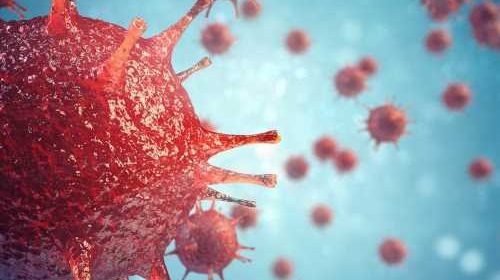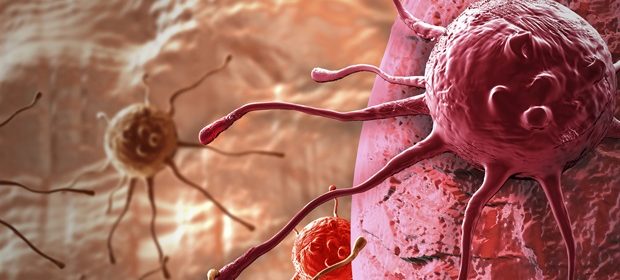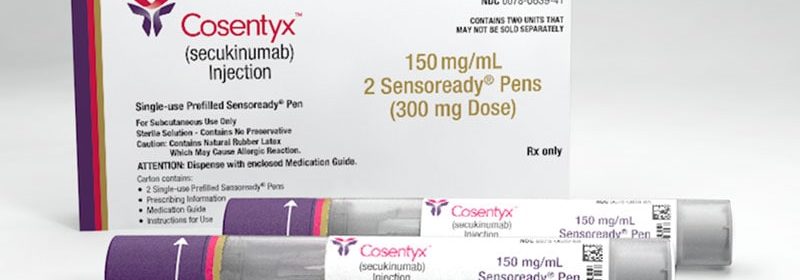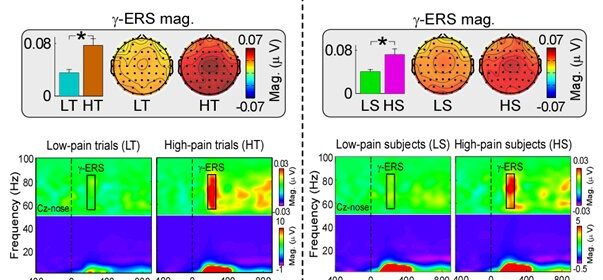Scientists reach a substantial consensus on the four principles that will enable the future development and expansion of virus taxonomy

In a recent article published in PLOS Biology, a team of 45 virologists, evolutionary biologists, bioinformaticians, and structural biologists from around the world arrived at a consensus on virus classification methodologies and presented an integrated taxonomical framework for the systematics and taxonomy of viruses. Study: Four principles to establish a universal virus taxonomy. Image Credit: Rost9/Shutterstock Background Like all taxonomic […]
Continue reading »







